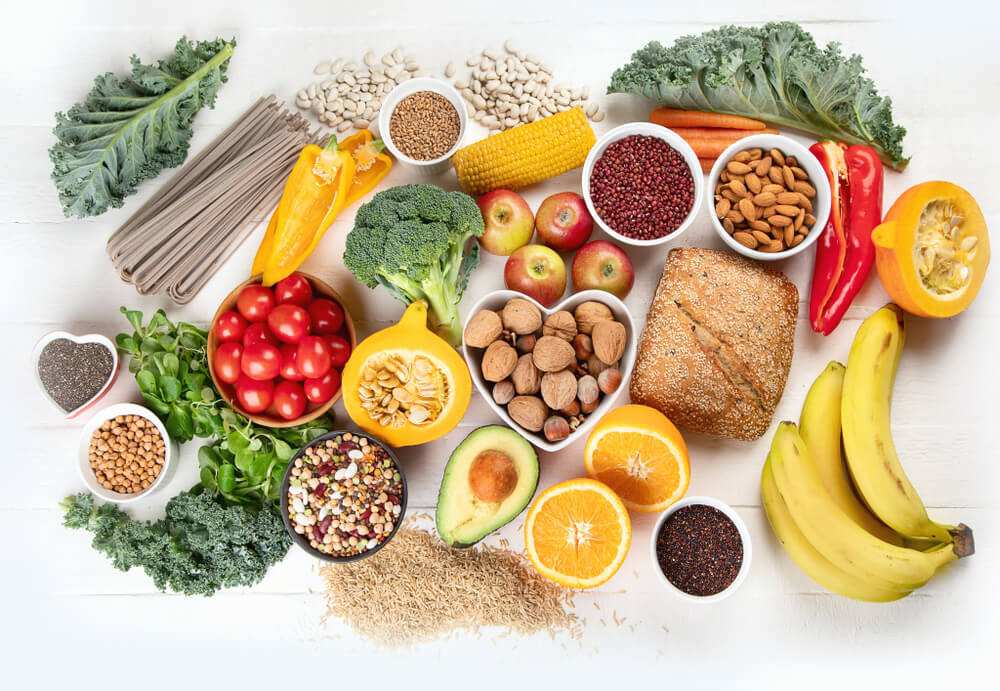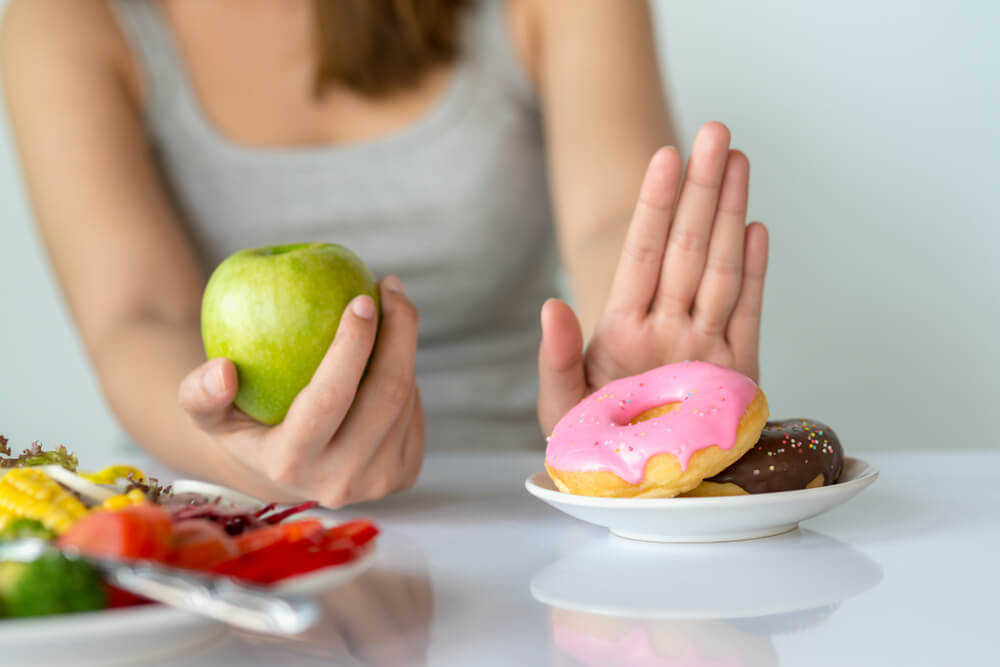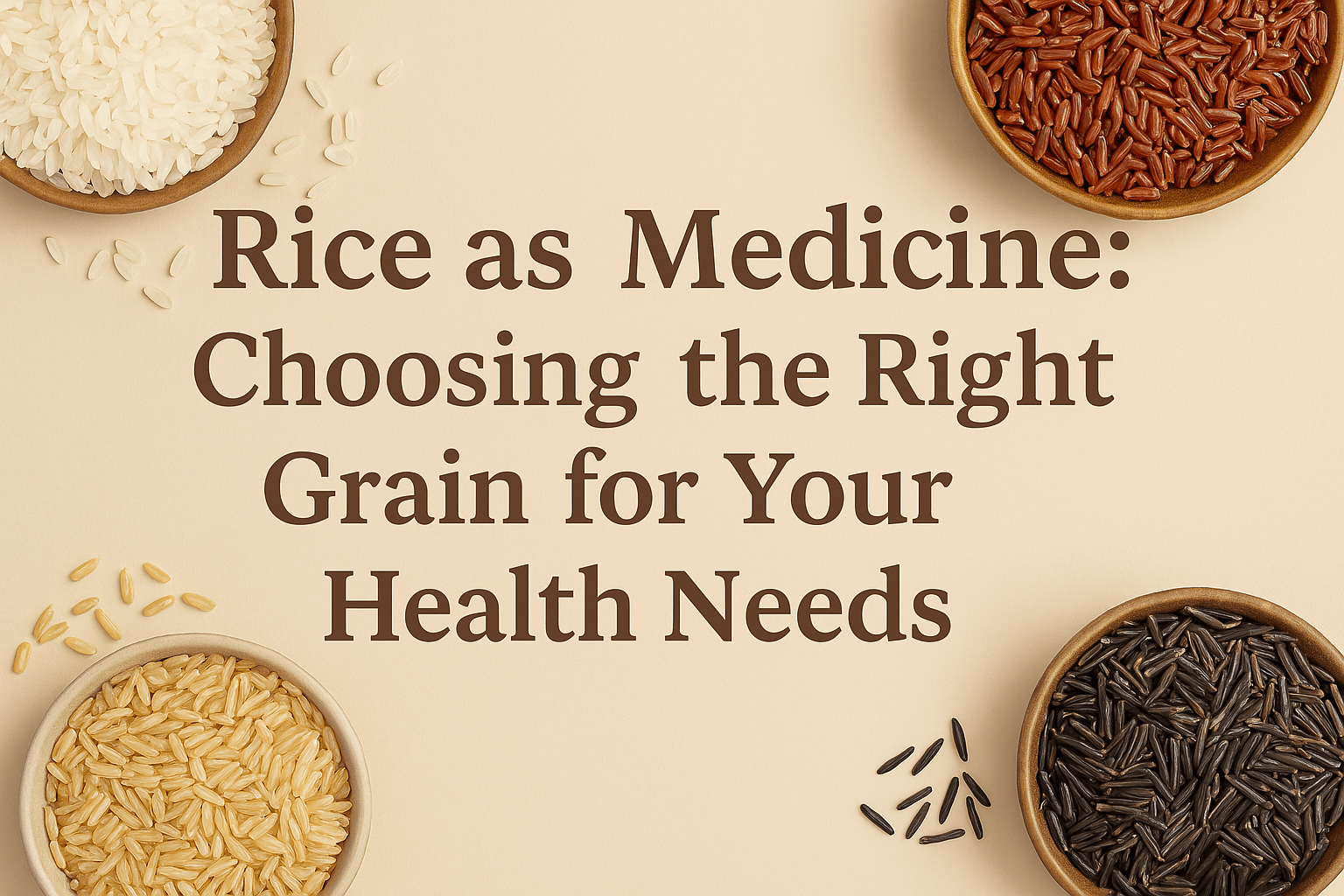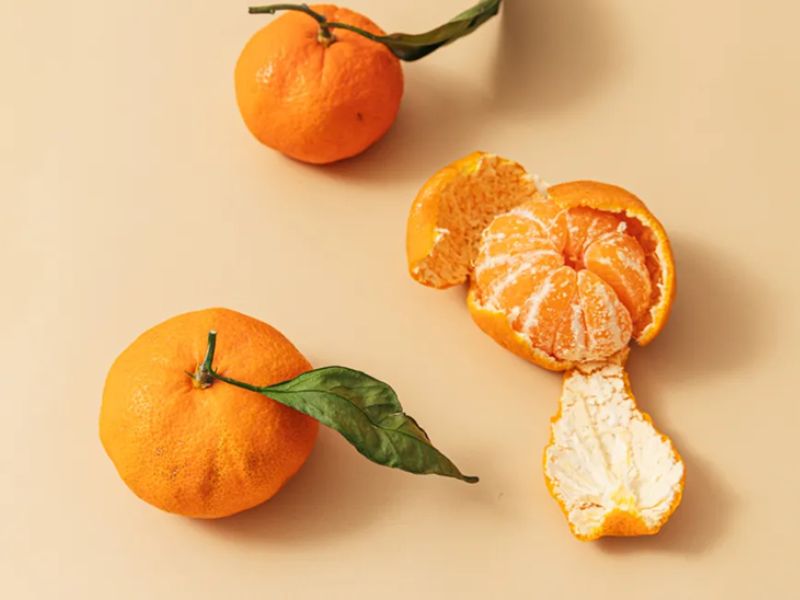Hashtag India speaks to Dr Shweta Goswami on how PCOS can be brought under control and the role of a good diet in one’s health.
Polycystic Ovarian Syndrome, widely known as PCOS, is a condition that causes hormonal imbalances and creates problems with your metabolism. A study conducted by AIIMS shows that 20.25% of Indian women of menstruating age (ages 15 to 44) are suffering from PCOS. PCOS can lead to serious health conditions such as diabetes, depression, cardiovascular problems, and affects the ability to conceive as well, sometimes transgressing to endometrial cancer.
For women with PCOS, the subsequent hormonal imbalance causes skips in menstrual periods and makes conceiving all the more tougher. Solutions for control however, exist. One’s diet is the stepping stone to better health. Good food choices are good investments. There is no definite cure or medication for PCOS. Yet switching to a healthy lifestyle that is based on a better diet and regular exercise can help you fight the disorder by manifolds.
Dr Shweta Goswami, Senior Consultant IVF for Jaypee Hospital and Medical Director at Zeeva Fertility Clinic, Noida, gives some prime tips to combat the condition.
- Fiber-Rich Foods
Fibre keeps you full, improves health, and aids weight loss. Good sources include barley, oatmeal, beans, nuts, and fruits. Broccoli, cauliflower, beans, almond, sweet potatoes, and pumpkin are also full of good fibre content.

- Green Leafy Vegetables
These are particularly recommended for a woman struggling to lose weight due to PCOS. They are rich in iron, potassium, calcium and Vitamin K, C, E, and B.
- Anti-Inflammation Food and Spices
The anti-inflammatory diet carries plenty of probiotics, fibre, antioxidants, and omega-3s, which means a diet rich in vegetables, whole fruit, whole grains, legumes. Tomatoes, spinach, almond and walnuts, olive oil, turmeric, and cinnamon also serve the purpose.
- Fruits
Some may hesitate to consume them due to the fructose content; however, fruits have several minerals, poly nutrients, and fibre. Consume fruits with a low glycaemic index like guava, pears, strawberries, blueberries, kiwi, apples, oranges, and watermelons.
- Healthy Fats
To most people, the word ‘fat’ does not seem to go hand in hand with PCOS, but you need to eat healthy fats to provide essential fatty acids. This includes seeds, olive oil, avocado, and nuts.
- Low Glycaemic Index or GI Diet
The GI measures how quickly any food raises blood sugar levels. A low GI diet helps prevent insulin spikes by raising blood sugar levels slowly. The low-GI diet consists of eating whole lean protein, whole grains, fruits and vegetables, and healthy fats. Moreover, the advantages of consuming a low GI diet are clinically backed by lots of studies and surveys.
Avoid:
- Sugar and involved snacks/drinks such as soda or juice.
- Food that is high in refined carbohydrates such as white bread and muffins.
- Avoid high consumption of dairy products, as they tend to cause an increase in testosterone levels.

- Caffeine in general affects fertility in women.
- Any stuff made with white flour.
- Starchy vegetables like potatoes, corn, and peas.
- Sugary foods like cookies, cakes, and candy.
- Avoid packaged, processed food, junk, and fast food.
Pro-Tips:
- Have lots of fluid and low calorie (chana, fruits, sprouts) snacks throughout the day.
- One can balance out the imbalance of hormones in PCOS by making breakfast the biggest meal and dinner the smallest.
- Reducing your carb intake may improve the hormonal imbalance linked to PCOS and boost weight loss in women with PCOS.
- Keep stress at bay. Try to peacefully go through the diet plan or medication along with exercise.













